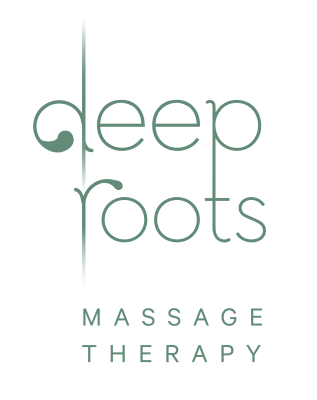Acupuncture | Frequently Asked Questions
The following are answers to some of the most frequently asked questions about Acupuncture and Traditional Chinese Medicine.
Q: Do Acupuncture needles hurt?
A: Most people barely feel a thing when the needles are inserted. Some people feel a slight pinch, and others ask “Is it in yet?” The reason acupuncture needles don’t give the painful sensation you might expect is that they’re very thin in comparison to the hypodermic needles used to give injections. Hypodermic needles are necessarily hollow so that the shot can be injected.
Q: Is acupuncture safe?
A: Acupuncture is very safe, The needles are extremely safe because they are pre-sterilized individually packaged, and disposable. Every practitioner gets extensive training in anatomy so as to avoid accidentally inserting a needle in a place that can cause damage.
Q: What should I expect on my first visit?
A: Initial consultation and treatment: During the first acupuncture session, the acupuncturist will assess your general health. The investigative process will include questions relating to your current symptoms, past treatments, patient and family medical history, diet, digestive system, sleeping patterns, and emotional health. Your pulse on both wrists could be taken to determine how energies are flowing in the body. As part of the diagnosis, the acupuncturist could assess the structure, color, and coating of your tongue.
Q: How often would I need to come in for treatment?
A: After an initial evaluation, a trial course of acupuncture is recommended. This usually consists of four to eight visits during a three to four-week period. While individual cases vary, some improvement should be observed within this period. If satisfactory results are achieved occasional follow-up visits may be required to maintain balance. Just as with other forms of treatment it is possible that some patients may require long-term care.
The number of treatments varies depending on the patient’s condition and individual constitution. Chronic problems generally require more treatment than acute problems. Some patients notice an immediate improvement, while others may not see the effect until the seventh or eighth visit. A small number of patients will experience worsening symptoms as the body’s energies return to normal, but this is usual and is followed quickly by improvement.
Q: What is Acu-Massage and how is it different then TCM Acupuncture?
A: Acu-Massage is a technique based on Traditional Chinese Medicine (TCM). Like TCM Acupuncture it uses the body’s meridian pathways which interconnect our organs to treat specific issues. After a detailed assessment, thin needles are inserted into specific areas of the body to create a physiological change. Acu-Massage is used to treat numerous health conditions, including (but not limited to) migraines, osteoarthritis, and tendonitis. It is used to treat and relieve pain and improve overall health. This treatment is used in conjunction with massage to receive a more effective treatment plan.
IMPORTANT: This technique is used as a modality to enhance the massage therapy session and is only claimable through massage therapy coverage.
Q: How does TCM Acupuncture work?
A: In Chinese medical theory, acupuncture works by balancing the body’s Qi. Qi can be described as a form of bioenergy that runs along 12 major meridians. If Qi gets blocked, it shows up as an imbalance or illness. Basically, if you have a health condition, some part of your body’s system is out of whack. Chinese medical theory allows us to diagnose the imbalance… and balance it.
In Western medical theory, acupuncture appears to work by stimulating parts of the brain. It also stimulates the body to release natural biomolecules such as neurotransmitters, vasodilators, and hormones. The exact mechanisms that bring this about are unknown, but the effects are measurable.
A good example of this is the use of acupuncture to induce labor. One of the first things that Chinese medical students learn is that there are a few points that are absolutely forbidden to use with pregnant women. These points cause the release of oxytocin, which is the hormone that naturally induces labor. Studies have shown that using acupuncture to induce labor reduces the active (painful) phase of labor by an average of 3.6 hours.
Q: Does insurance cover Acu-Massage?
A: Yes. This technique is used as a modality to enhance the massage therapy session and is only claimable through massage therapy coverage.
Q: Does insurance cover TCM Acupuncture?
A: Some insurers cover TCM Acupuncture. You can usually find out by calling the number on your insurance card. Each insurance policy is personalized and every plan differs. We are glad to provide a receipt that provides all the information you need to submit to your insurance company for reimbursement.

